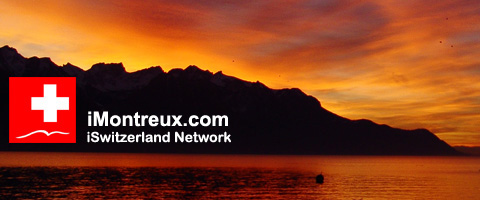Contact: Tourisme neuchâtelois
Hôtel des Postes
CH-2001 Neuchâtel
Phone +41 32 889 68 90GPS: lat 46.990426 long 6.932008
Tap to go to Google Maps
or type the coordinates in your GPS device. A beautiful town on the shores of Lake Neuchâtel, at the foot of the Jura mountain range. Its ancient houses are built in a yellow stone and the old town is topped by a proud castle and a beautiful church.
Neuchâtel appears in Latin texts under the name Novum Castellum in 1011, then Novum Castrum from the 12th century, but we also find, from the 16th century, an academic Greek form, Neocomum.
In the vulgar language, the name evolved simultaneously into German (Nienburg and Nuvenburch in the 11th century, Nüwenburg in 1200, then Neuenburg from 1550) and French (Nuefchastel in 1251, Neufchastel in 1338, Neufchâtel at the end of the 17th century). The modern name Neuchâtel was established very gradually in the first half of the 18th century.
Together with Neuchâtel, the lakeside villages have 86,000 inhabitants, half the population of the canton. Neuchâtel has a European soul and in 1998 the Parliamentary Assembly of the Council of Europe awarded it a diploma to encourage it to continue promoting the ideal of European union.
Situated in the heart of Western Europe, French-speaking but on the border between Germanic and Latin languages, on the edge of the Rhone and Rhine basins, the city is a land of exchange par excellence. The ten centuries of its history provide ample proof of this.
From its creation, around the year 1000, until its complete integration into the Helvetic Confederation in 1848, the seigniory of Neuchâtel, which became a county, principality and then a canton, saw princes from all over the world pass through its castle.
Taking advantage of the great revolutionary breath that swept Europe in the 19th century, the Neuchâtel democrats proclaimed the republic on March 1, 1848, thus becoming a fully-fledged Swiss canton.
It is a progressive and sometimes turbulent canton: it even had the audacity, in 1849, to grant the right to vote to foreigners who had been resident in their commune for at least ten years!
(adapted from the Historical Dictionary of Switzerland) Disclaimer: Unfortunately, we cannot guarantee that this official website is optimized for smartphones! |

